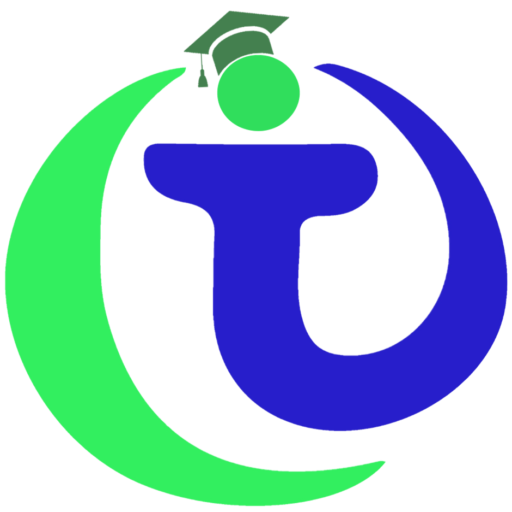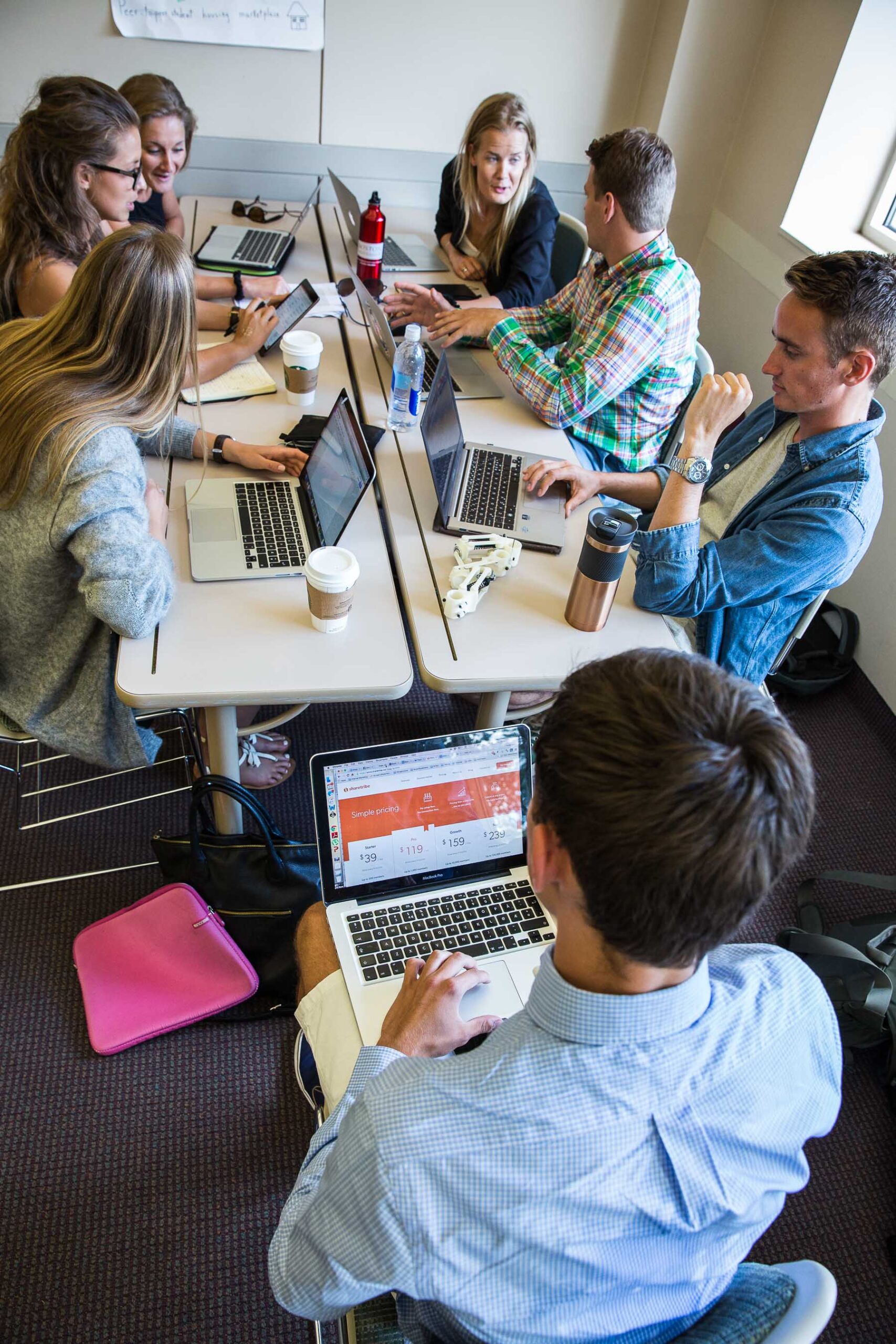Nurturing Human Skills for Excellence: A Pathway to Success for IT Engineering Students and Graduates
H. Barakat
This article has a particular theoretical orientation, as it seeks to advance our understanding of issues related to human skills in Moroccan engineering schools. Besides, it presents a conceptual framework that links previous research on upskilling, learning theory, and practice within the framework of technological development and changing curricula. Taking cue from relevant scientific reports and field experience, and proposing English language competence as a key performance indicator for advanced human skills, the study shows how career-aligned curricula, pedagogical innovation, and transformative governance can improve students’ and graduates’ skill sets and employability, and result in high-performing organizations. Finally, implications for making use of skill-mapping models and skill framework analyses are discussed in the hope that prospective data-driven learner monitoring and evaluation will improve student workplace readiness and attract the attention of potential employers.



